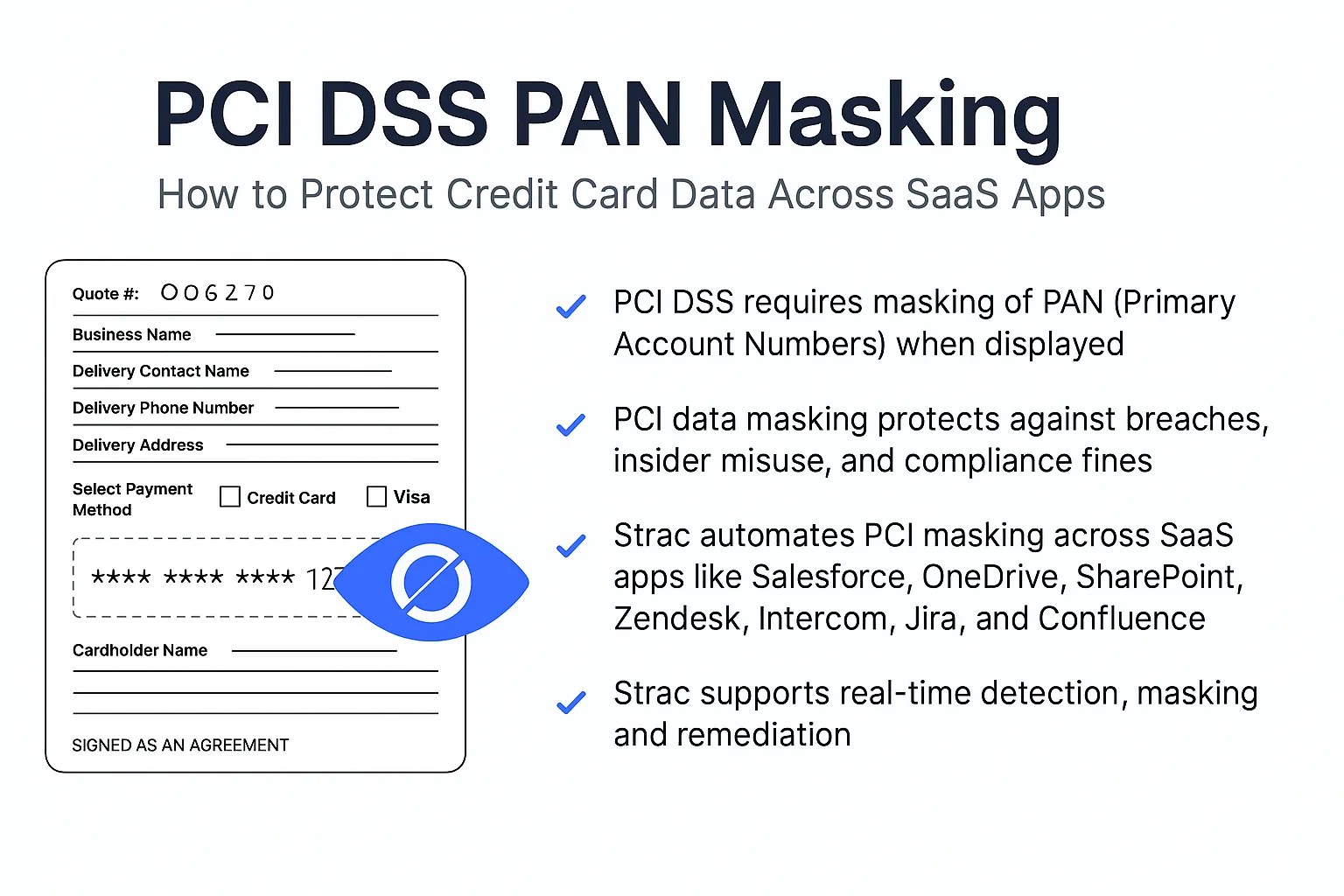Definition: In finance, Non-Public Information (NPI) refers to any sensitive data about individuals or organizations that is not publicly available and could impact financial transactions, investment decisions, or privacy if disclosed. NPI is highly regulated to protect individuals’ privacy and prevent misuse in the financial industry.
Examples: Common examples of NPI in finance include:
- Account Numbers: Bank accounts, credit card numbers.
- Financial Transactions: Details about purchases, investments, or transfers.
- Income and Credit History: Information related to income levels, credit scores, and loan applications.
- Personal Identifiers: Data such as Social Security Numbers (SSN) and driver’s license numbers that could identify an individual.
Why It Matters: Protecting NPI is crucial in the financial sector to comply with regulations such as the Gramm-Leach-Bliley Act (GLBA) and to prevent fraud, identity theft, and financial loss. Unauthorized access to NPI can lead to severe financial and reputational consequences for both individuals and organizations.











.webp)














.webp)


